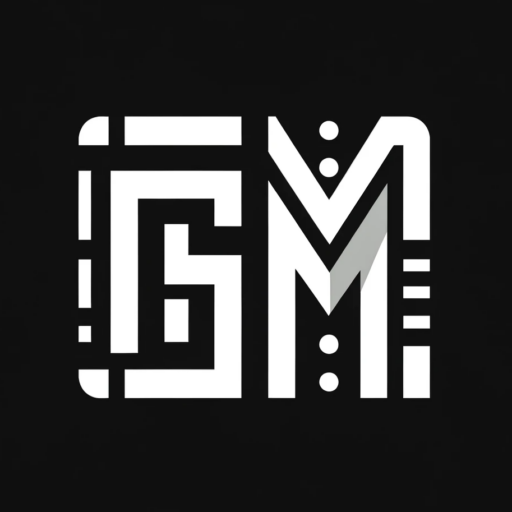Remember the .mobi domain? It distinguished the ‘mobile internet’ from the regular internet. But now it’s all just the internet. It’s the norm.
The same thing is happening with AI. AI was already everywhere, including in things we use daily, like autocomplete.
However, technological improvements enabled an explosion in capabilities that became accessible to consumers via chat interfaces with ChatGPT, DALL-E, Midjourney, and others.
This technological and accessibility leap made it novel — something we’re all fascinated with. Now everything seems to have ‘AI’ tacked on as a new, separate thing…just like the mobile internet had the .mobi domain.
Old things with the new tech
Isn’t this how all technology starts? We do old things with the new tech. Maybe a little faster. Maybe a little cheaper.
Then it’s a lot faster and a lot cheaper. Why? Because we start to understand what assumptions the old way was predicated on that we didn’t even notice before.
Then, the infection point comes when we start doing things that weren’t possible before — things uniquely enabled by the new tech. That’s when we enter the ‘<new techology> native’ era, building on completely different assumptions.
New things with the new tech
Once we’re firmly in the new era and previously impossible things start becoming the norm, we stop referring to the tech because completely new categories are formed. It becomes invisible.
For example, Instagram never really cared about .mobi or the mobile internet because it was an assumption at that point as an iPhone app. It may seem obvious in retrospect (doesn’t everything?), but it was a big deal when Facebook shifted to mobile. It shifted their whole business.
When the technology becomes an assumption, you don’t have to mention it. It’ll be interesting when all of these companies with ‘AI’ in their name sound outdated because AI is assumed. Remember all of the companies in the 90s with ‘web’ in their name? I don’t.
Obvious & obscure
AI is simultaneously obvious and obscure.
Any technologically literate person could imagine 100 applications of AI to improve the world around us.
But there are orders of magnitude more cases we can’t imagine because the ideal state of AI is to be invisible – an ever-present dark matter that continuously makes everything better, constantly pushing outwards on GDP to expand it quietly and inevitably.
It will improve just about everything, especially things we didn’t even think about. Like…why am I even typing this? And why are you staring at these little pixels on this glowing piece of glass?
Vulcan mind meld, here we come
What is the ideal UI for AI?
Long-term AI won’t have an interface (invisible) because it’s just part of whatever you’re doing. The question is whether the ‘whatever you’re doing’ will even remain relevant.
For example, chat as an AI interface is popular today because it’s the most reliable, practical way to communicate with these tools. But once voice/image recognition is consistently good enough, we’ll prefer it because it’s easier. And once you can beam thoughts from your mind, that’ll be the method.
UI: A crutch for human constraints
So, are UIs just a crutch for human constraints on communication and interaction?
Keyboards for typing, mice for pointing, touchscreens for swiping. All are just temporary interfaces until we can directly interface. That even makes something like Neuralink seem outdated since it’s just an ‘adapter’ for today’s devices but potentially irrelevant to tomorrow’s.
This also means we must reimagine what AR/VR and the metaverse are. Much of the ‘hard stuff’ with those technologies was around interfaces (e.g. a HUD). But AI changes the calculus because it can ‘understand’ context with less (no?) human input — the human constraint is removed. For example, you don’t need as much input because the AI can see/hear what you do and interpret it with even higher fidelity than you ever could.
AI removes the human constraint from…everything
Perhaps the most significant impact of AI is that it removes the human constraint.
As a product guy, this made my head explode because that also unlocks thousands of new product ideas: Anywhere there’s a human constraint, there’s an AI product opportunity. And human constraints are everywhere.
And it’s OK if it sucks because you can safely assume that AI will continue to get better and cheaper. After all, we’re just at the beginning of this exponential curve.
Together there will be millions of invisible improvements that move us forward thanks to AI. Dark matter struck me as such a strong analogy for AI because though it’s ‘invisible’ it makes up most of our universe…and we don’t even really understand it.
